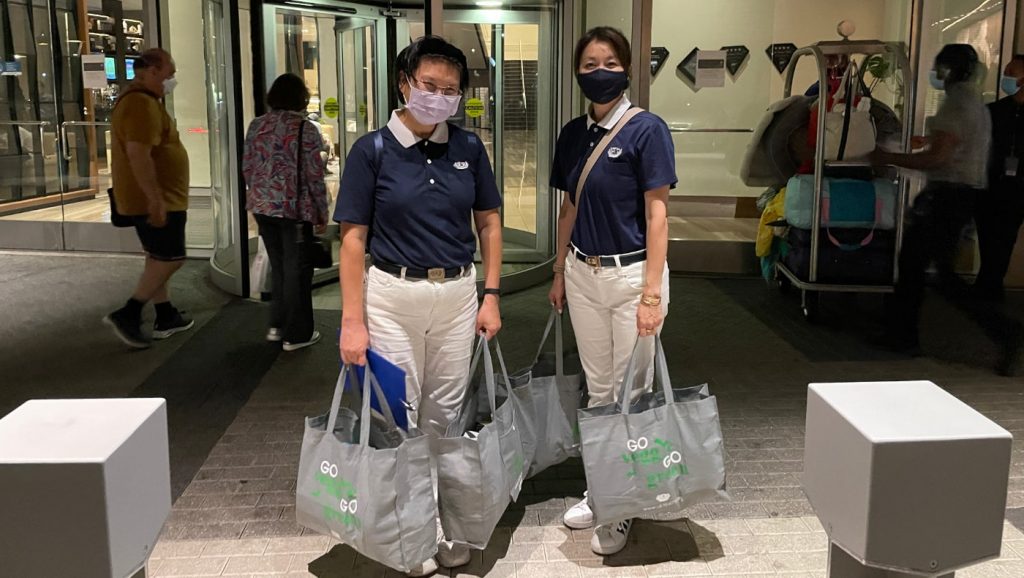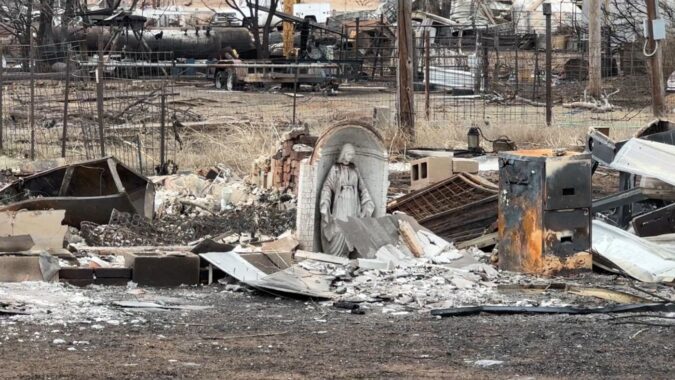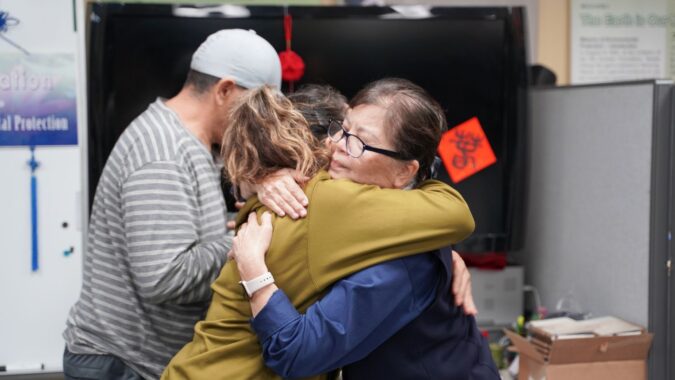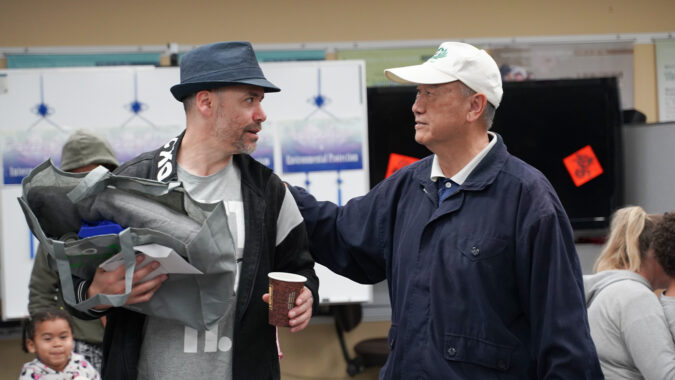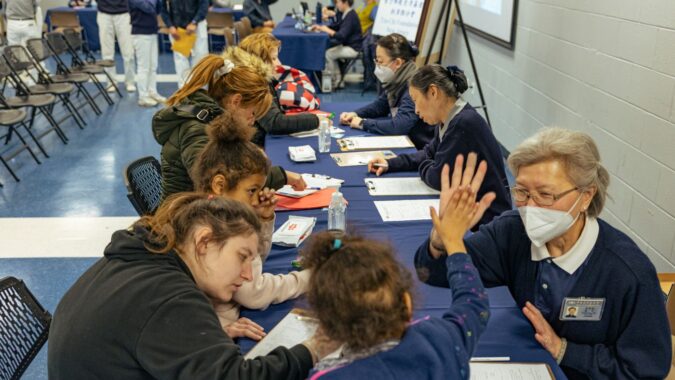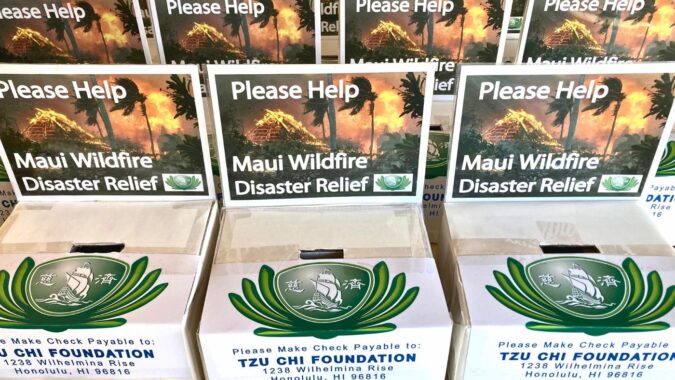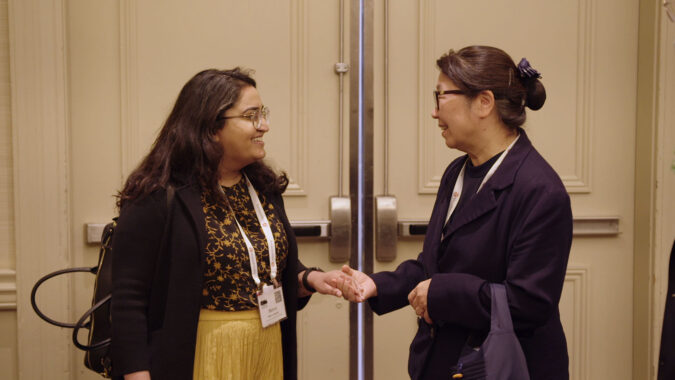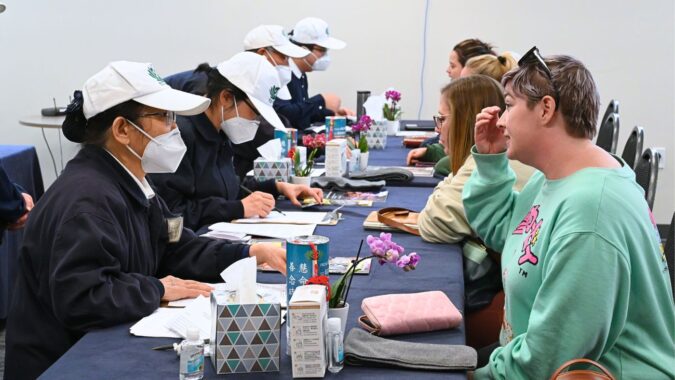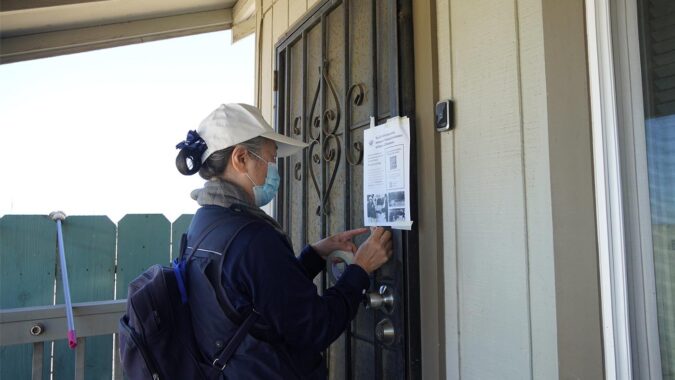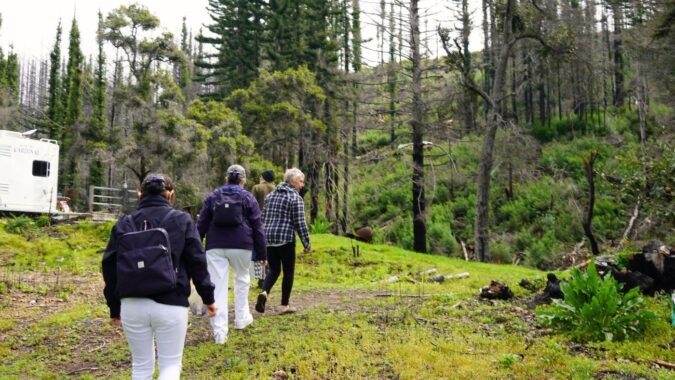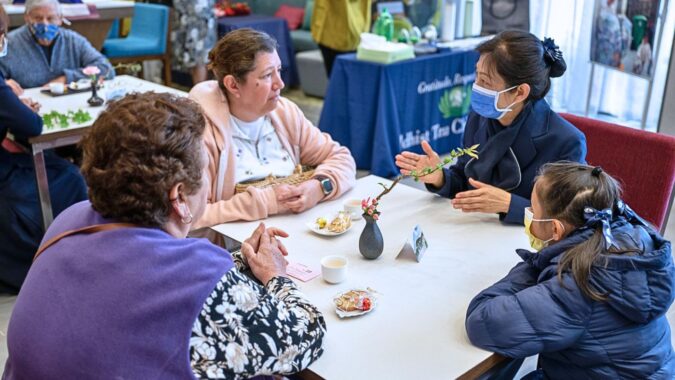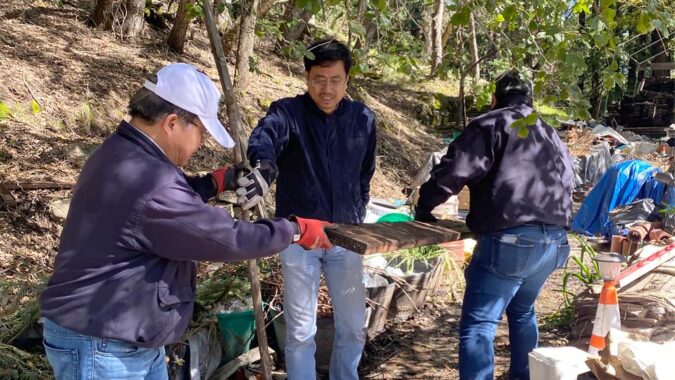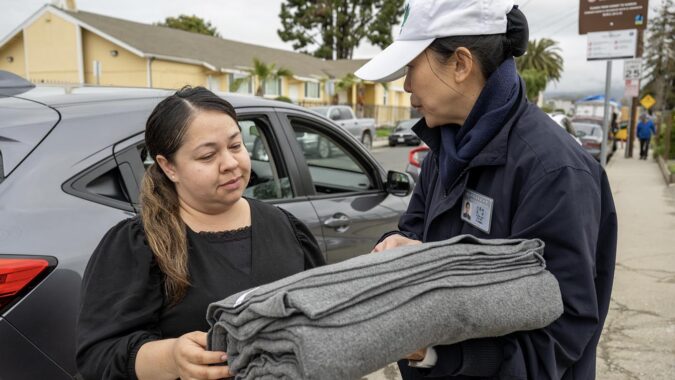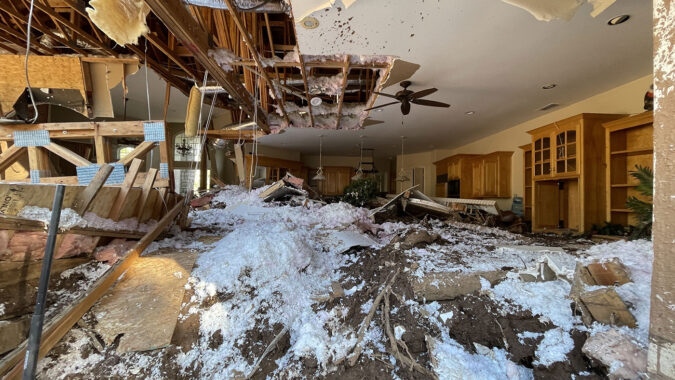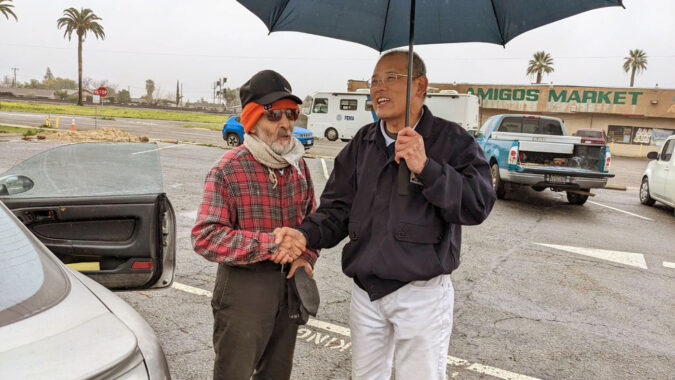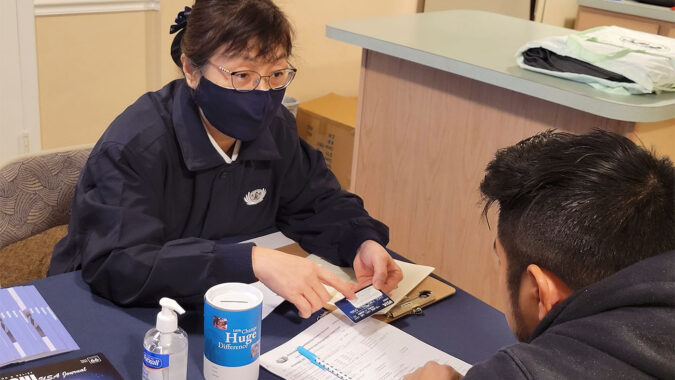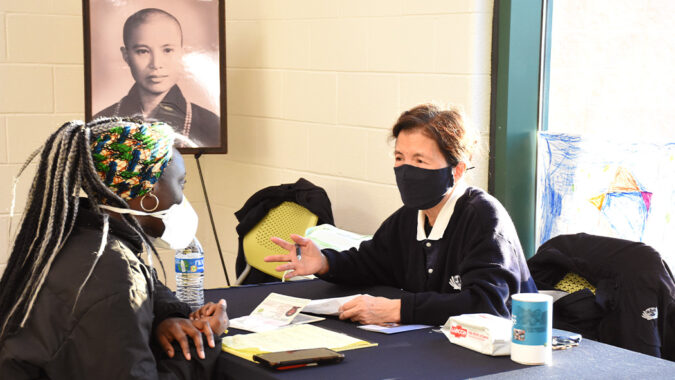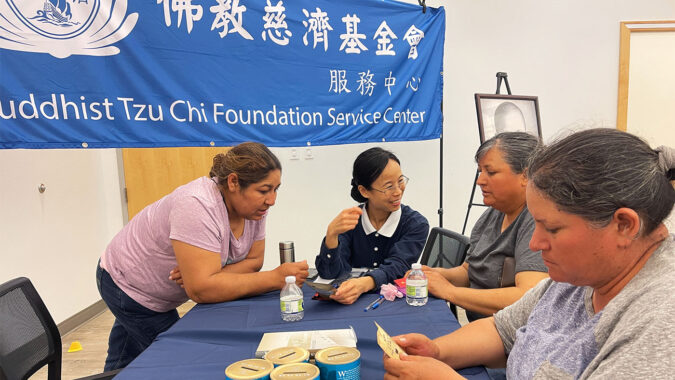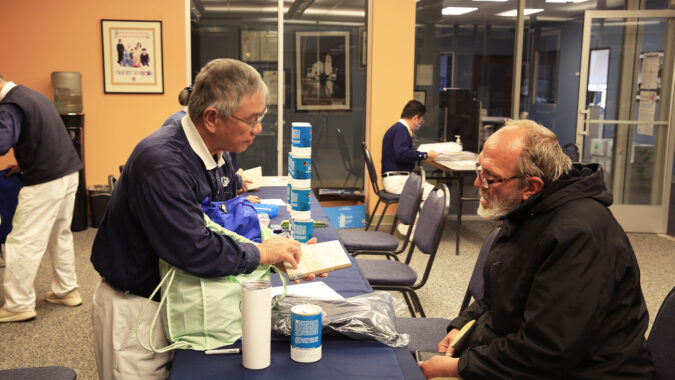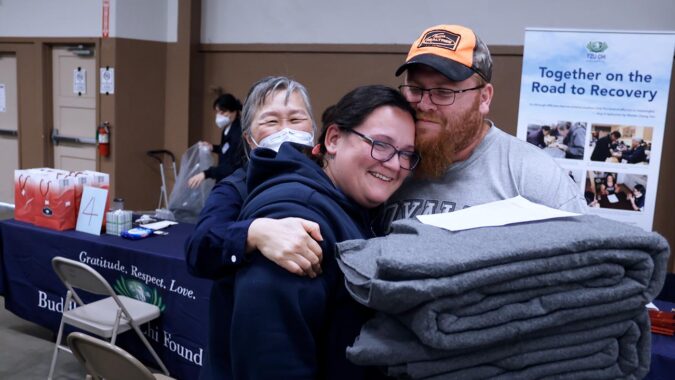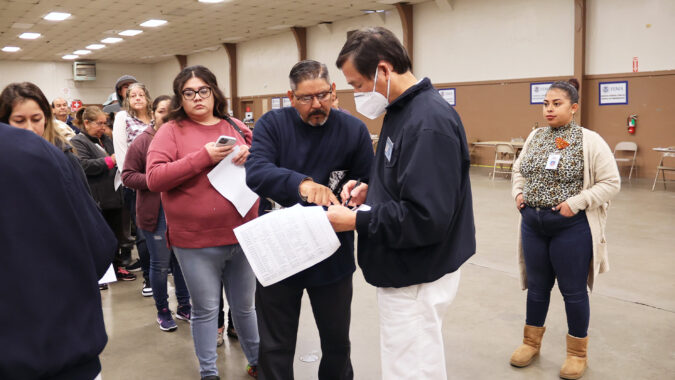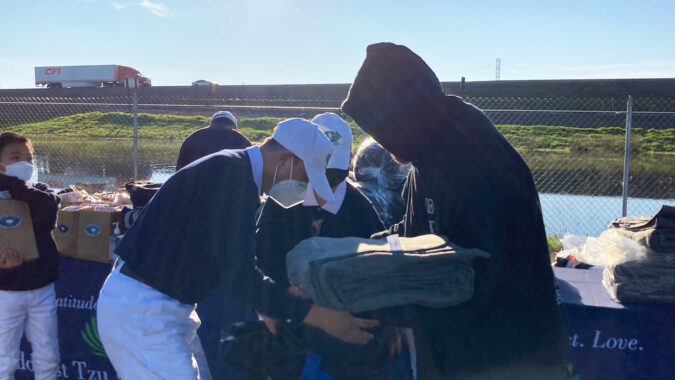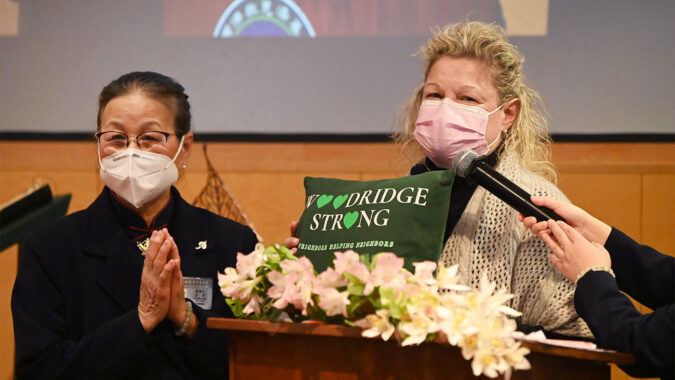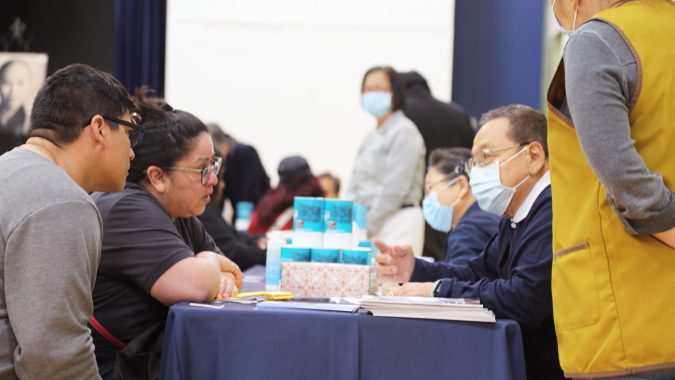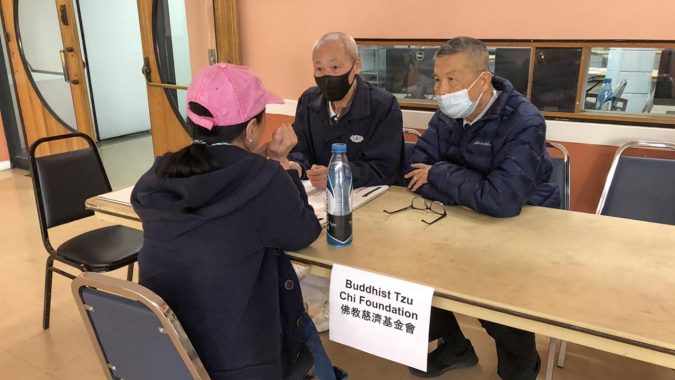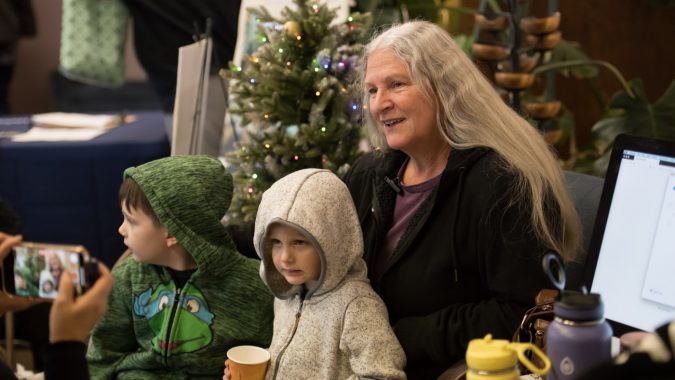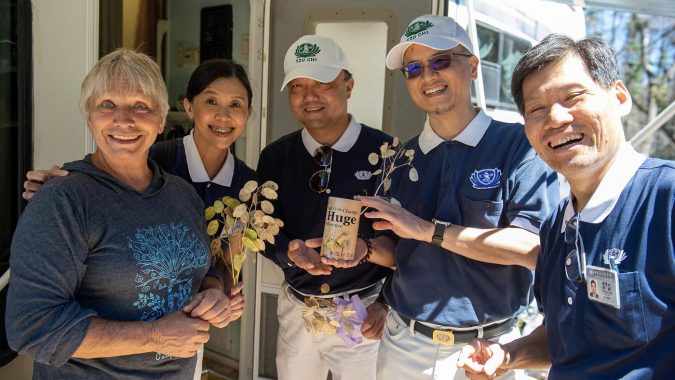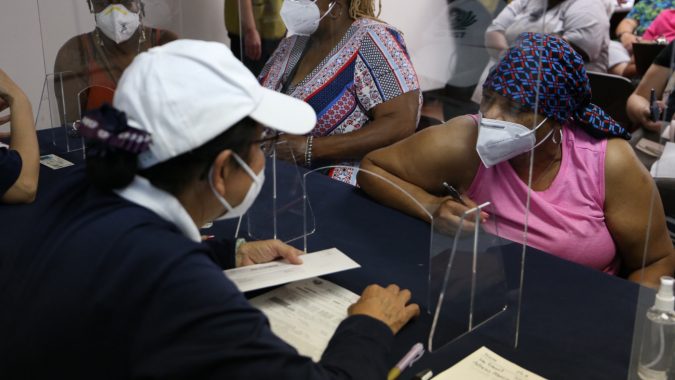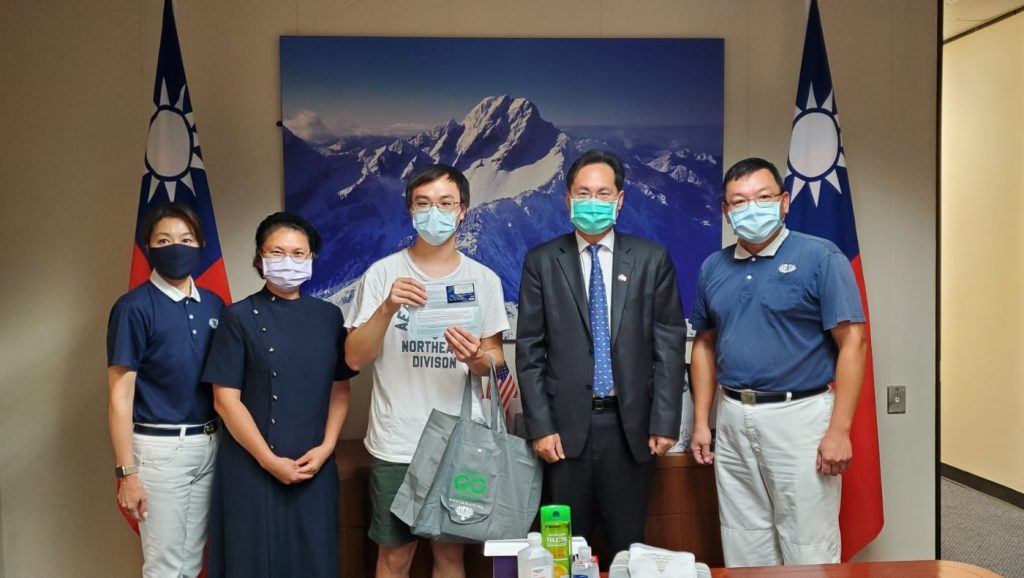
Written by Penny Liu
Translated by Mark Wan
Edited by Maggie Morgan
Hurricane Ida quite literally took the nation by storm, shattering records in the meteorology field and most notably touching down in Louisiana on the 16th anniversary of Hurricane Katrina. The Category 4 storm maintained winds of 150 mph (just 7 mph away from being a Category 5) and was relentless in its destruction.
On August 29, 2021, The National Hurricane Center tweeted “11:55 AM CDT: Ida made landfall as an extremely dangerous category 4 hurricane near Port Fourchon, Louisiana, with maximum sustained winds of 150 mph and a minimum central pressure of 930 mb (27.46 inches)”
The South, especially Louisiana, is no stranger to the fallout caused by life-changing natural disasters. Meteorologists everywhere were quick to point out the last time this caliber of danger struck: Hurricane Laura on Aug. 27, 2020- almost exactly a year before Ida. Laura tore through Louisiana with 150 mph winds as it swept ashore in Cameron Parish. This is the first time on record that the state had Category 4 landfalls in back-to-back hurricane seasons.
As southern states including Louisiana, Alabama and Mississippi took on overwhelming damage, the hurricane continued to leave a trail of chaos as it spun up the East Coast and flooded many regions in the Northeast. The CDC reported 91 deaths across nine states in relation to Hurricane Ida; 56 of the fatalities occurred in the Northeast and 34 of them were a result of drowning. Over one million homes and businesses were left without power and countless injuries occurred from the unavoidable wreckage of the storm.
Experience Informs Intuition in Emergency
It can be inferred that the death toll remained under 20 in Louisiana as citizens were swiftly reminded of what had occurred over a decade before; those who are more frequently impacted by natural disasters are accustomed to the measures that need to be taken to escape an avoidable danger. Many institutions, including Tulane University, have an entire department dedicated to emergencies like Hurricane Ida.
As is evident from the tragedy that struck the Northeast, preparedness is key in taking shelter from the storm. We cannot underestimate the strength or size of a hurricane and must heed the forecast’s warning. While many forces of nature are out of man’s control, modern science coupled with experienced communities can assist in protecting the populations affected.
Reporting and updates on Ida were incredibly accurate and informative; According to the Royal Meteorological Society, the hurricane was “one of the most well-forecast storms in recent memory.” The National Hurricane Center employs what is known as the cone of uncertainty which predicts the track of a storm but does not take its size into account. For Ida, the COU stayed within 50 miles of the storm’s landfall point in the three days before it hit. On average, the track error at three days is 96 miles.
In addition to stellar accuracy in forecast reporting, institutions who were experienced with tumultuous tropical storms took necessary precautions. Tulane University, located in New Orleans, published the results of a student survey regarding evacuation rates. Of 223 students surveyed, 75% of them chose to evacuate, going to different locations to wait out the storm. The reasoning for evacuation varied from student to student; Julia Hanisee, a freshman, offered up her immediate experience with the decision.
Initially, I evacuated just to take extra precautions. The news wasn’t saying the storm was going to be as bad as it was when I evacuated, so my reasoning to evacuate was primarily that I didn’t want to be alone in my dorm room during my first natural disaster, my parents wanted me to be away from New Orleans, and most of my friends were evacuating as well, so I thought it would be the smart thing to do.
Imagine being in such a vulnerable position; having to autonomously make a weighty decision in the face of uncertain danger while you’re “adulting” for the first time in your life. Students might have known that emergency preparedness was part of the deal when deciding to attend Tulane, but no one could have predicted the ferociousness of what laid ahead for their first semester. It seems impossible, but there is yet another layer of vulnerability that can be added to this terrifying, unsettling, and foreign situation: being an international student.
Tzu Chi USA Steps In For Students
Tzu Chi USA’s Southern Regional Office gathered volunteers to support international students who were forced to evacuate as a result of Hurricane Ida. With emergency procedures and preparedness aside, some situations post-natural disaster require further assistance and support as those impacted work to rebuild their lives. Some individuals may find themselves lost in the chaos, unsure where to turn next and how to go about their daily lives. This is where the compassionate, spiritual nature of the Buddhist Tzu Chi Foundation provides much more than tangible aid, it encourages an environment of mindfulness.
The Hurricane turned several southern communities upside down, causing a tangle of problems from power outages and water shortages. Tulane University and its students were among the most affected populations. Starting on August 31, the school successfully evacuated over 1,600 students to Houston, Texas; Evacuees stayed in two hotels arranged by the institution.
Houston’s local Tzu Chi volunteers were ahead of the game, having been in contact with the former president for Tulane’s Taiwanese Student Association, and our team immediately offered necessary emergency assistance. Before students landed in Houston, our volunteers began preparing for their arrival.
Houston’s Tzu Chi volunteers were first notified by Houston Taipei Economic and Cultural Center (TECC) on behalf of Taiwanese students at Tulane. Our team headed to supermarkets to purchase items for day-to-day needs and wrapped packages for emergency use.
On the evening of August 31, Houston’s Tzu volunteers visited Director Fuwen Luo of TECC to discuss ways to best provide assistance to international students from Taiwan. According to TECC data, there were about 50 Taiwanese students in need of support.
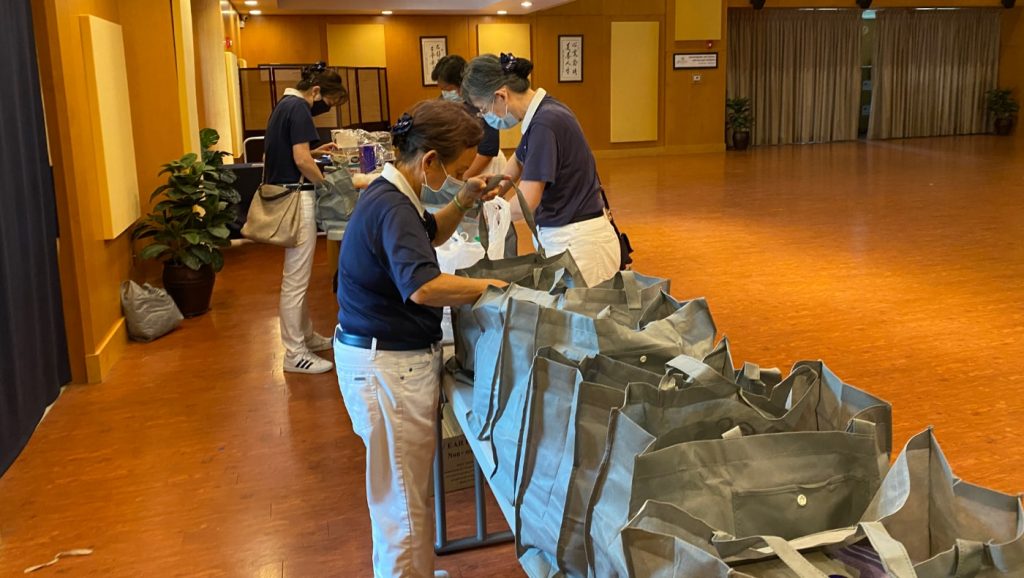
The Buddhist Tzu Chi Foundation’s service knows no bounds and its beneficiaries are from every walk of life. No suffering outweighs another, and our volunteers dedicate themselves to tailoring their care to the specific situation at hand. Tzu Chi USA and its teamwork to put ourselves in another human being’s shoes, find more about what it’s like to walk inside them, and then offer a new pair in hopes of making their next journey a comfortable step in the right direction.
A Home Away From Home
The first student to arrive was Zihao Liu, who got to TECC around 7 p.m. and was greeted by Tzu Chi volunteers who gave him an emergency package and a cash card. This gesture not only offered relief in an unfamiliar and chaotic situation, but allowed Zihao Liu to feel a sense of “home” while being so far from Taiwan. Having to undergo an evacuation in a foreign country (and as a young adult) is a high-stress circumstance many of us cannot begin to fathom. The Tzu Chi USA team was able to provide monetary assistance but more importantly, instill a sense of well-being.
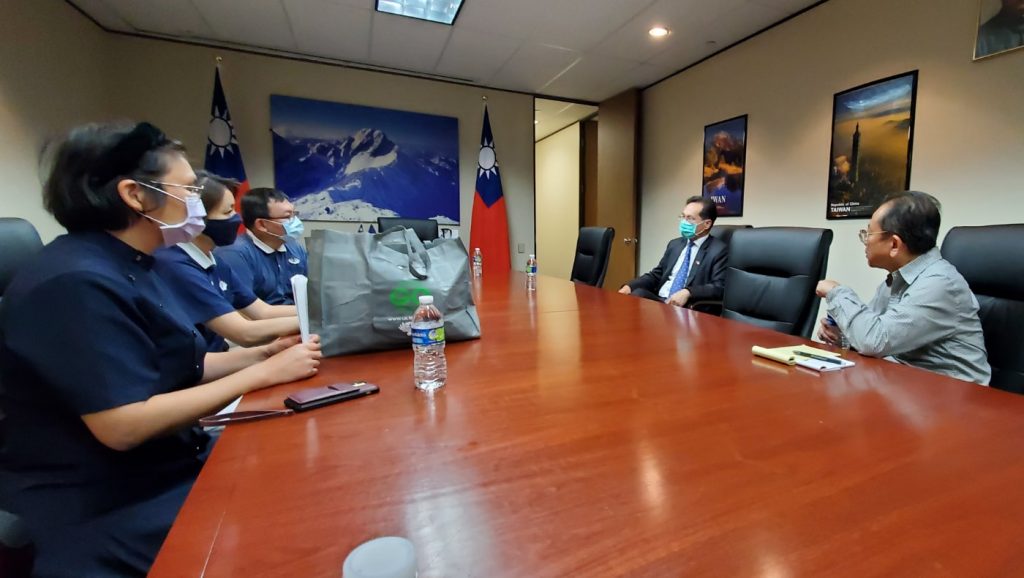
Two more Taiwanese students followed Zihao Liu’s lead and sought out guidance from Tzu Chi USA. On September 1, volunteers offered the same relief through emergency use packages and cash cards. The team comforted the young adults, empathizing with their young age and immigrant status.
The two girls were grateful to have the camaraderie and support of the Tzu Chi volunteers, and opened up to them about how the hurricane was impacting them. Due to the urgency of the evacuation, they didn’t have time to bring a lot of their belongings with them; the practical contents of Tzu Chi’s emergency packages allowed the girls to have necessary items for daily use, like towels and hygiene products.
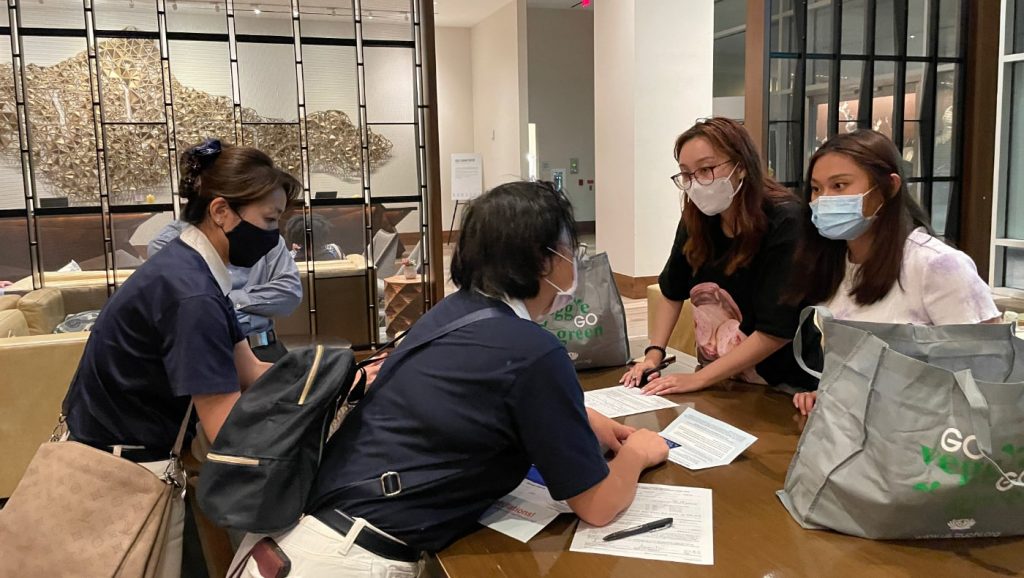
Like-Minded Forces Join Together
Though Ida’s strength and fury blew that of 2005’s Katrina away, the lethal disasters caused by the latter storm were avoided this time around; newly built dams and levees protected communities from reliving the catastrophic events of the hurricane that destroyed their home 16 years ago.
Even with the proper precautions in order and safety in the forefront of everyone’s minds, evacuees still needed help in navigating the murky waters ahead. Tzu Chi’s Southern Regional Office organized a meeting to assess the situation at hand and determine how to best address the most urgent needs.
As roads remained under repair, there was little to no access to disaster areas where relief supplies were needed. Tzu Chi USA’s team enlisted support from other philanthropic organizations, contacting and communicating with area nonprofits to provide emergency assistance for those who had already evacuated.
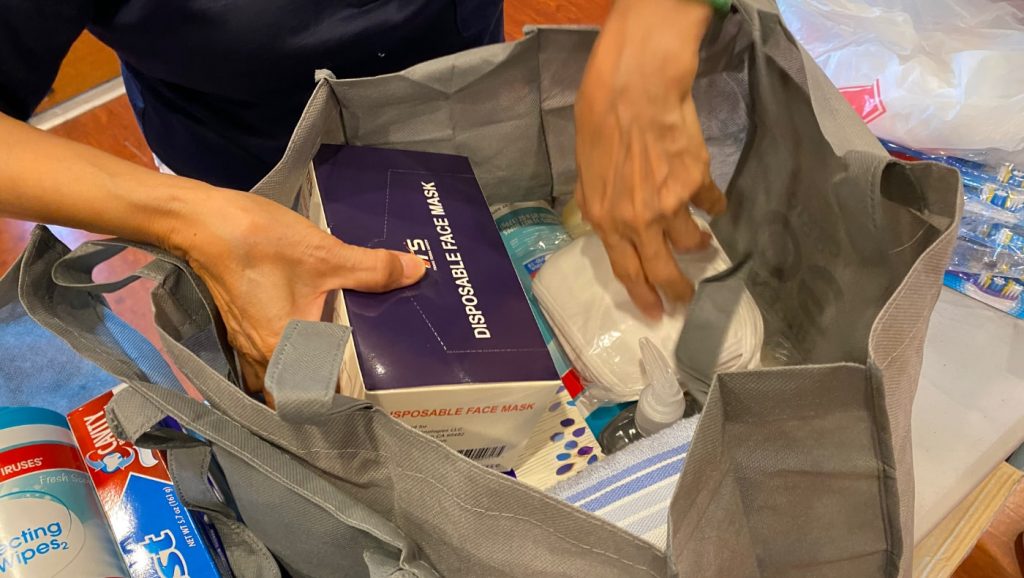
The debriefing session was with Louisiana’s Voluntary Organizations Active in Disaster, and volunteers learned about the opening of six shelters by the Louisiana Workforce Commission, who were continuously providing meals. The American Red Cross, Tzu Chi’s long-time partner, noted that an official evaluation of the damage would be in the near future, and the organization planned to dispatch volunteers into Louisiana as soon as the roads were cleared.
The humanitarian aid entity would plan to undertake a massive array of projects, including shelter care, emergency relief distribution, and the installment of mobile kitchens. Having the opportunity to collaborate with these experienced teams further propels the Buddhist Tzu Chi’s mission of connectivity and fosters an environment to learn and grow as a philanthropist. The more an individual knows about both proactive and reactive measures, the more light and support they can shed in dark and uncertain times.
The Federal Emergency Management Agency states that generally it can take several weeks or months to address power outages and water shortages. However, on September 7, less than two weeks after the wrath of Ida, a whopping 158,000 victims’ applications for disaster relief had already been granted. Louisiana and its neighbors had learned a valuable lesson from Hurricane Katrina and gained incredible strength through struggle.
Tzu Chi’s Southern Regional Offices have established “Post-Hurricane Ida Groups of Care & Solicitude”; these specific committees continue to engage in outside relief organizations’ meetings in order to be up-to-date on the new developments relating to natural disasters and their aftermath. Volunteers are able to better tap into resources, prepare necessities, and understand the needs of the communities they serve by learning from other altruistic groups.
Moving intentionally through communities affected by natural disasters, connecting with harmonious humanitarian organizations, and having real human moments with those suffering makes the work something extraordinary. Our river of compassion is widened with each and every event, and its beds grow deeper in wisdom and understanding.
